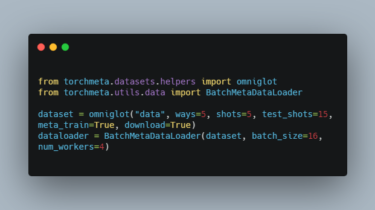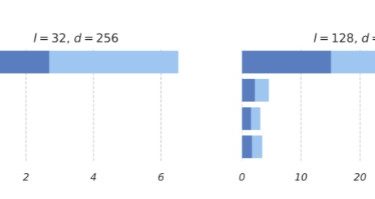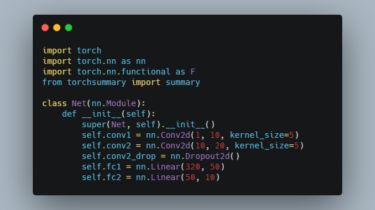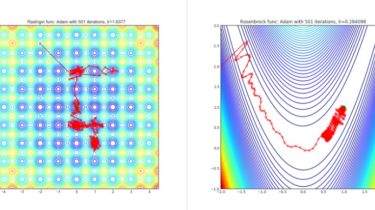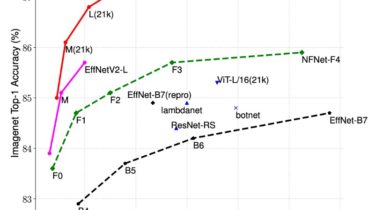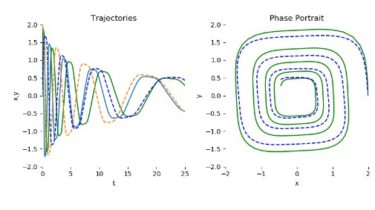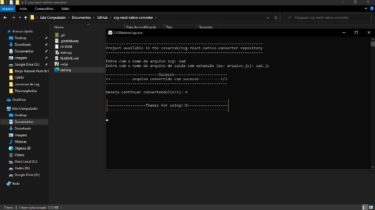A collection of extensions and data-loaders for few-shot learning & meta-learning in PyTorch
A collection of extensions and data-loaders for few-shot learning & meta-learning in PyTorch. Torchmeta contains popular meta-learning benchmarks, fully compatible with both torchvision and PyTorch’s DataLoader. Features A unified interface for both few-shot classification and regression problems, to allow easy benchmarking on multiple problems and reproducibility. Helper functions for some popular problems, with default arguments from the literature. An thin extension of PyTorch’s Module, called MetaModule, that simplifies the creation of certain meta-learning models (e.g. gradient based meta-learning methods). See […]
Read more